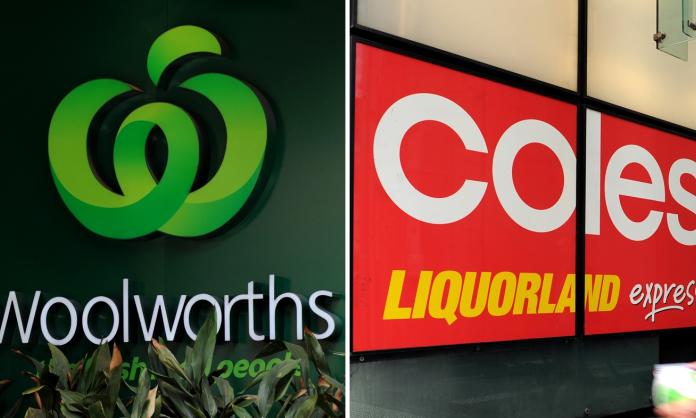The New South Wales premier is telling everyone to stay at home as case numbers continue to rise. But many workers can’t stay home. We have to continue to work to make sure essential tasks are completed. In my case, it’s keeping food on shelves in a Coles supermarket. Yet there are no serious safety regulations to keep us, and customers, safe—despite most COVID transmission occurring in workplaces and subsequently in homes. Besides mandatory masks, there have been few changes to the way the business operates in this outbreak.
There should be significant health and safety changes to curb the spread of COVID. I’m not an epidemiologist, but even I can see there are many things that could be done to make my workplace safer. This does not appear to be the mindset of Coles management.
When the first restrictions were introduced, Coles employees received emails and text messages reminding us that we are essential workers and should still come to work. When Gladys Berejiklian announced tougher restrictions for three south-western Sydney local government areas, which initially allowed only health workers to leave for work, I received a message from Coles within hours telling me I should still come to work regardless of where I live.
I would not be surprised if Coles was one of the many businesses that successfully lobbied the government to expand the list of exempted people from the restrictions on movement. Workers from high-transmission areas should have been paid to stay at home to curb the spread. Instead, we were encouraged to risk transmitting a deadly virus to generate profits for the company.
Restrictions on the number of customers allowed in-store at any one time are not being followed. My store is packed on weekends. Few abide by the 1.5 metre distancing rule because there is no-one to enforce it. Instead, management has invested in hi vis vests for workers on the floor to wear with messaging encouraging people to social distance.
While it would be better than nothing, social distancing alone is not enough to guarantee the safety of workers and customers, because the coronavirus is airborne. The Delta variant has been shown to transmit between people even in outdoor settings where ventilation is much better than in a shop. Far more Coles purchases could be made with click and collect or free delivery services to stop so many people congregating in the store. We could then leave in-store shopping open only for those who really need it. This would significantly reduce contact between workers and the public.
To reduce spread between workers, Coles could organise us into teams that have little to no contact with one another. But this would mean overhauling the rostering system. Currently, we’re only rostered on short shifts of up to 3.75 hours. It is common knowledge that this is to avoid paying for the tea breaks we are entitled to for shifts over four hours. Many workers doing short shifts increases the number of staff coming into contact with one another, increasing the risk of transmission. I recently got transferred to another store for two weeks because nearly the entire team was in isolation after a worker tested positive.
Closing the shop to much of the public would reduce browsing and impulse buying, important aspects of any supermarket business model. This would have a negative effect on overall sales, so no wonder there is no push from Coles to stop customers shopping in person. And why would management organise rosters in a way that would reduce transmission between staff if this meant paying us to take breaks? The company has had more than a year to prepare a proper safety plan. It has failed to do so because its business model is about maximising profits, not providing an essential service in a safe and socially responsible way.
As one of my colleagues pointed out, management could not even be bothered installing contactless hand sanitiser stations at the entrance of the store. Hundreds of people touch the same dispenser day in and day out. One of the most basic hygiene practices is ignored— probably because it would cost a little bit extra.
The New South Wales government has a lot to answer for as well. It should be forcing supermarkets and other essential businesses to implement safe working practices. It is instead siding with business interests and exposing more workers to the virus. The premier and the health minister spend every press conference blaming individuals for not staying home or not getting vaccinated. Yet a key reason case numbers continue to rise is because bosses and the government are doing very little to nothing to make workplaces safe. They are, as usual, putting profits ahead of public health.








